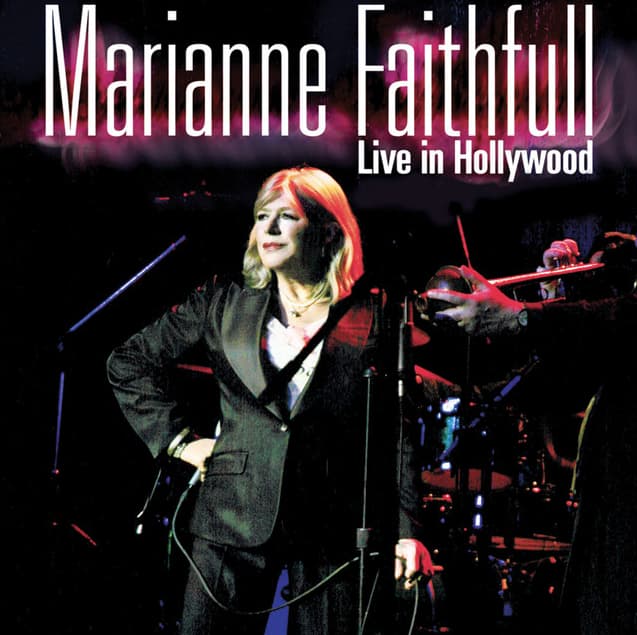
Marianne Faithfull – The Ballad of Lucy Jordan: A Poignant Reflection on Unfulfilled Dreams
In the vast tapestry of music history, few songs capture the essence of longing and introspection quite like “The Ballad of Lucy Jordan” by the enigmatic Marianne Faithfull. Released in 1979 as part of her critically acclaimed album “Broken English,” this haunting ballad weaves a narrative that resonates deeply with anyone who has ever grappled with the unyielding passage of time and the bittersweet nature of unfulfilled dreams.
Upon its release, “The Ballad of Lucy Jordan” quickly etched itself into the annals of music lore, reaching modest chart success but garnering a cult following that would persist for decades. The song climbed to number 48 on the UK Singles Chart, a testament to its poignant resonance with listeners despite not achieving blockbuster status. Its impact was less about commercial success and more about its enduring emotional connection with those who found solace in its melancholic beauty.
At the heart of this evocative piece is the story of Lucy Jordan, a housewife confronting the monotony and limitations of her suburban existence. Written by Shel Silverstein, a masterful storyteller in his own right, the lyrics paint a vivid picture of a woman standing at her kitchen sink, reflecting on what might have been. The imagery is stark and evocative: Lucy imagines herself riding through Paris in a sports car, an emblematic fantasy representing escape and liberation from her mundane life.
Marianne Faithfull’s delivery of these poignant lyrics is nothing short of transformative. Her voice, weathered by years of personal trials and tribulations, imbues the song with an authenticity that is both haunting and deeply moving. It is as if Faithfull herself embodies Lucy Jordan, bringing to life every nuance of despair and fleeting hope that permeates the narrative.
The underlying theme of “The Ballad of Lucy Jordan” speaks to the universal human experience of yearning for more than what life has seemingly allotted us. It is about those dreams left unrealized, the roads not taken, and the silent acceptance that often comes with middle age. Yet, there is also an undercurrent of resilience—a subtle acknowledgment that while life may not have unfolded as planned, there is still beauty in dreaming.
For many older listeners, this song serves as a mirror reflecting their own lives back at them—a reminder of youthful aspirations tempered by the wisdom that only time can bestow. It invites introspection and evokes a sense of nostalgia for days gone by, making it a cherished anthem for those who have journeyed through life’s varied landscapes.
In revisiting “The Ballad of Lucy Jordan,” one cannot help but be drawn into its melancholic embrace. It stands as a testament to Marianne Faithfull’s artistry and her ability to connect with listeners on an intimate level. More than just a song, it is a poignant reminder that even in moments of quiet despair, there remains a glimmer of hope—a dream yet to be realized—waiting patiently just beyond the horizon.